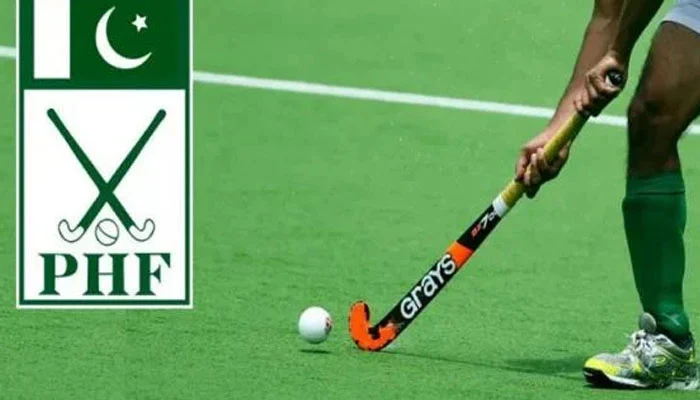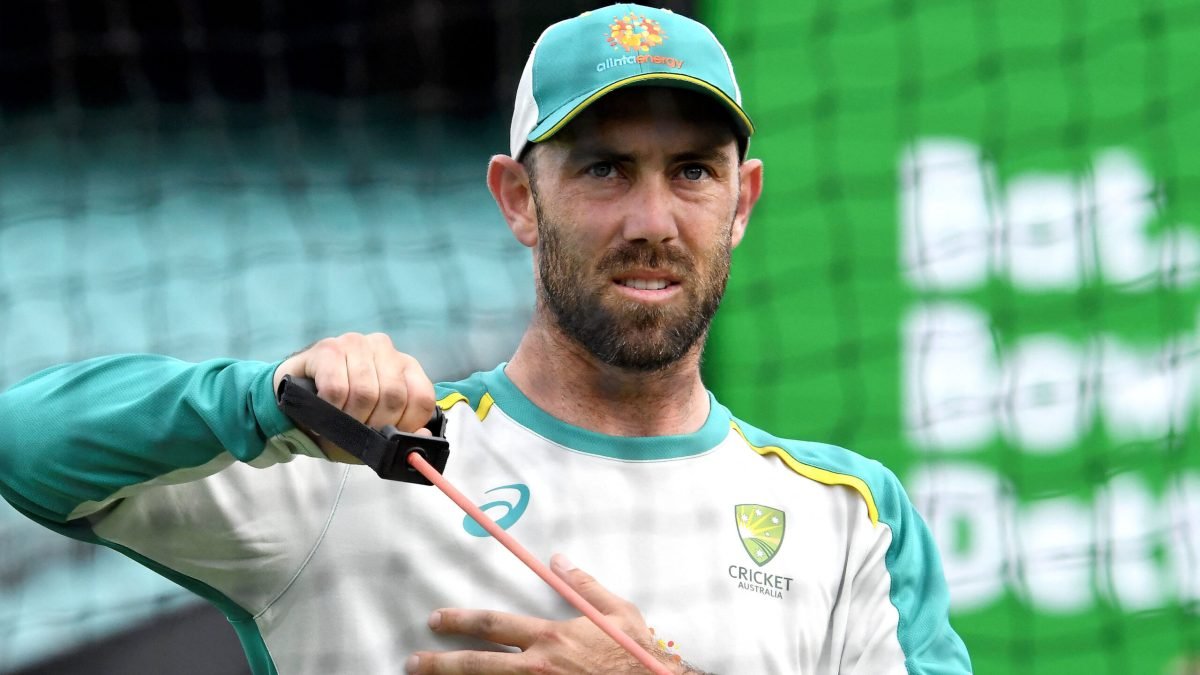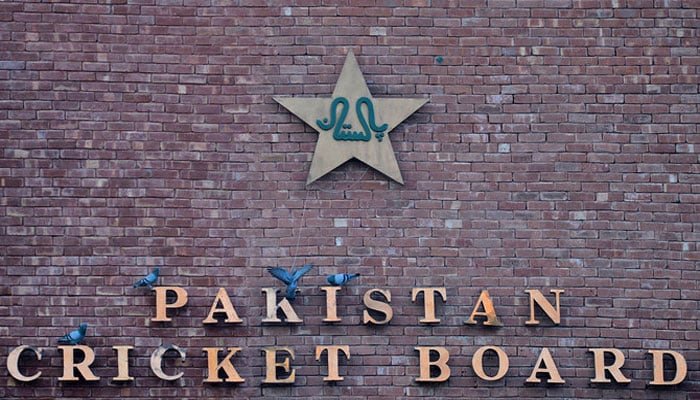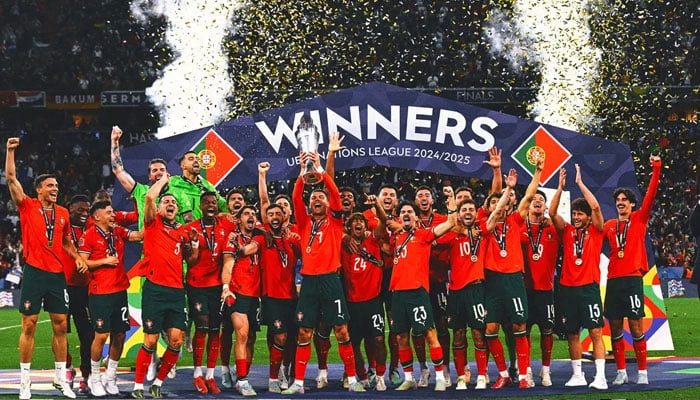The Pakistan Hockey Federation (PHF) has defied government orders and forced the Ministry of Inter-Provincial Affairs and the Pakistan Sports Board to backtrack on their decision to dissolve the federation due to its prolonged inactivity. On August 17, the government had suspended the PHF, but the federation rejected the government’s decision and made changes to the selection committee and team management. On August 31, Brigadier (Retired) Khalid Sajjad Khokhar took a confrontational stance, calling for a meetingto challenge the government’s position.
So far, the Pakistan Sports Board has not taken any action regarding the scrutiny of club money and cases involving former officials. In relation to the meeting, former secretaries of the PHF, Rana Mujahid Ali Khan and Shahbaz Ahmad Senior, have stated that the government has sidelined incumbent officials. Zahid Shah, the current associate secretary, has mentioned that the president has invoked his powers to suspend the federation and call for a meeting. The passing away of Manzoor Junior will lead to the appointment of new members.
Former Olympic champion Shahnaz Sheikh has commented that such actions are tantamount to challenging both the government and the Pakistan Sports Board’s authority. Conversely, a former official of the Pakistan Sports Board stated that the authority to dissolve any federation or impose penalties on it under the 2004 constitution has been eroded.
The conflict between the government and the PHF underscores the power struggle within sports administration in Pakistan. The federation’s defiance of government directives reflects its determination to maintain autonomy, while the government’s attempts to dissolve the federation reveal its push for accountability and reform within sports bodies. This clash between authority and autonomy raises questions about the legal framework governing sports federations and the balance of power between governmental oversight and sports independence.
In the midst of this dispute, the future of Pakistan hockey hangs in the balance. The inability to resolve these issues could further hinder the already struggling state of the sport in the country. Finding a middle ground that ensures transparency, accountability, and proper governance, while also safeguarding the autonomy of sports bodies, remains a complex challenge that requires careful consideration and negotiation between all stakeholders involved.



